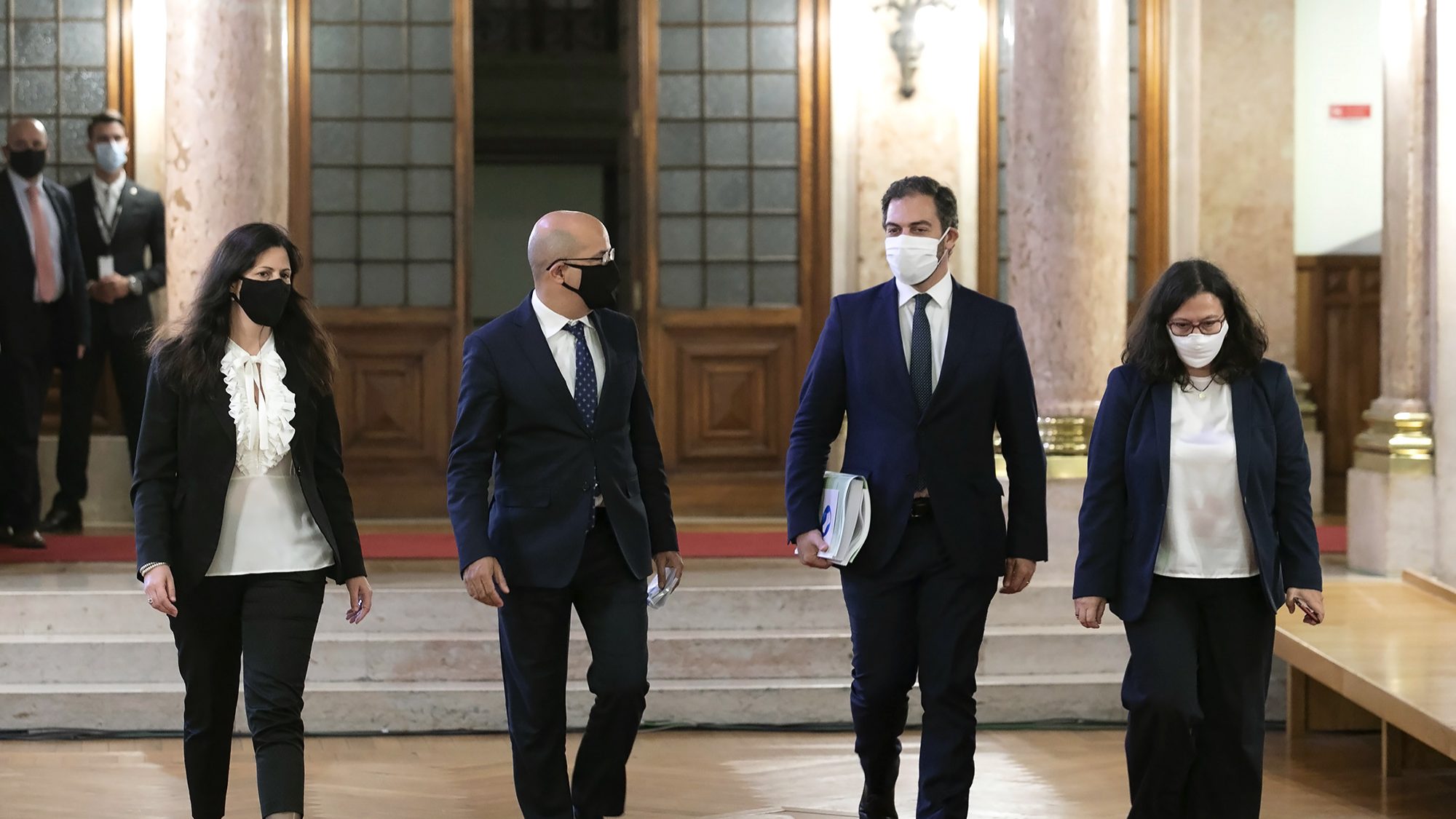State Budget foresees GDP growth of 5.4% in 2021. Deficit drops to 4.3%.
The Ministry of Finance formulated the State Budget for 2021 with the expectation that the economy will recover 5.4% next year, allowing the deficit to fall to 4.3% of GDP.
The government expects the Portuguese economy to recover 5.4% in 2021, bringing the budget deficit down to 4.3% of GDP, according to the proposed State Budget for 2021 (OE2021).
The report also includes forecasts for 2020: after six consecutive years of economic growth in Portugal, GDP will contract by 8.5% this year. On the other hand, the budget deficit will rise to 7.3% after the first surplus in 2019.
Compared to the Supplementary Budget, the forecasts for 2020 have worsened, but the estimates for 2021 are better. In the case of this year, the government explains in the report that the deterioration of the GDP forecast reflects a greater fall in private consumption and exports, as well as a contraction in public consumption, which is not fully compensated by a smaller reduction in investment and a more intense decrease in imports.
As for the unemployment rate, the state now predicts that it will rise to 8.7% in 2020, declining next year to 8.2%. Employment is expected to shrink by 3.8% this year, followed by a small recovery of 1% in 2021.
The inflation rate (HICP) should be negative, settling at -0.1% in 2020, recovering in 2021 to 0.7%.
Sales to abroad will suffer a drop of 22% in 2021, in relation to the previous year, registering a drop superior to the imports (-17,9%). In the following year, the exportations will recover 10,9%, staying even so far below the values previous to the pandemic. Sales to abroad will mainly benefit from the growth of the Eurozone countries, increasing the external demand on Portuguese goods and services.
This recovery will allow GDP to gain momentum in 2021 with a growth of 5.4%, reflecting the positive contribution of both net external demand (exports discounted from imports) and internal demand, “through greater dynamism in the components of private consumption, investment and public consumption, and more intense growth in exports than expected for imports,” says the government.


